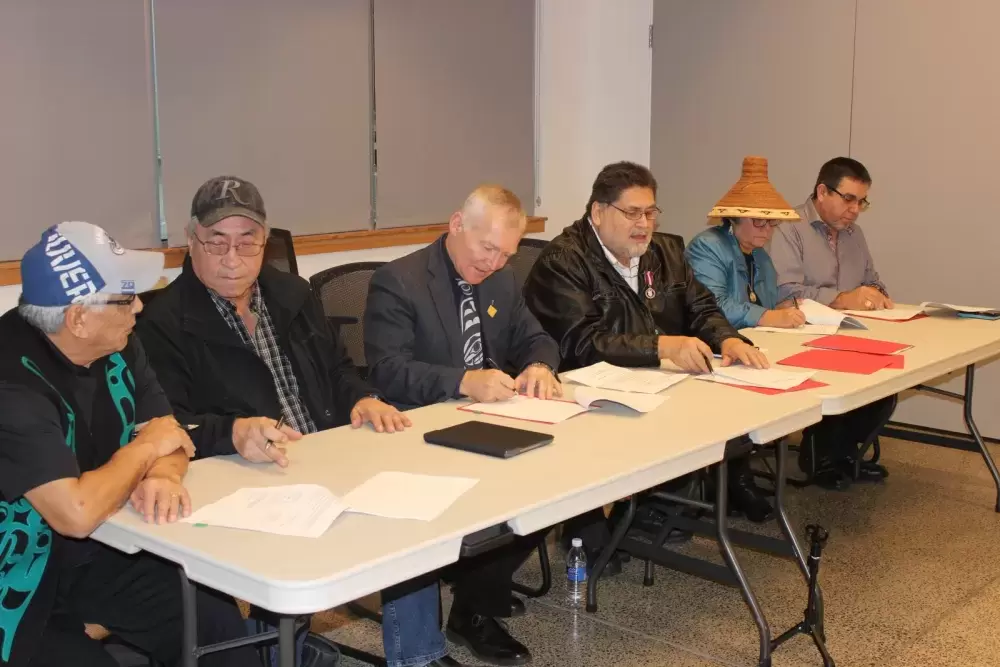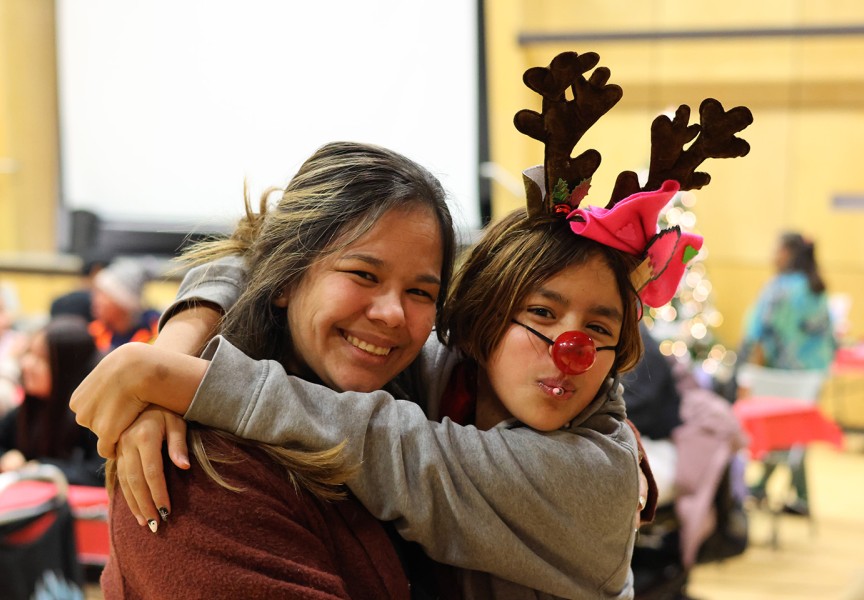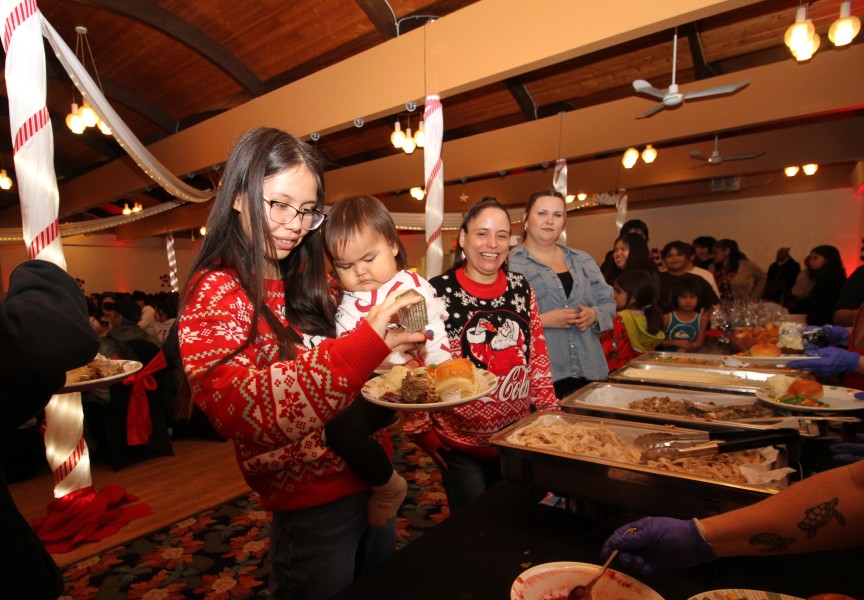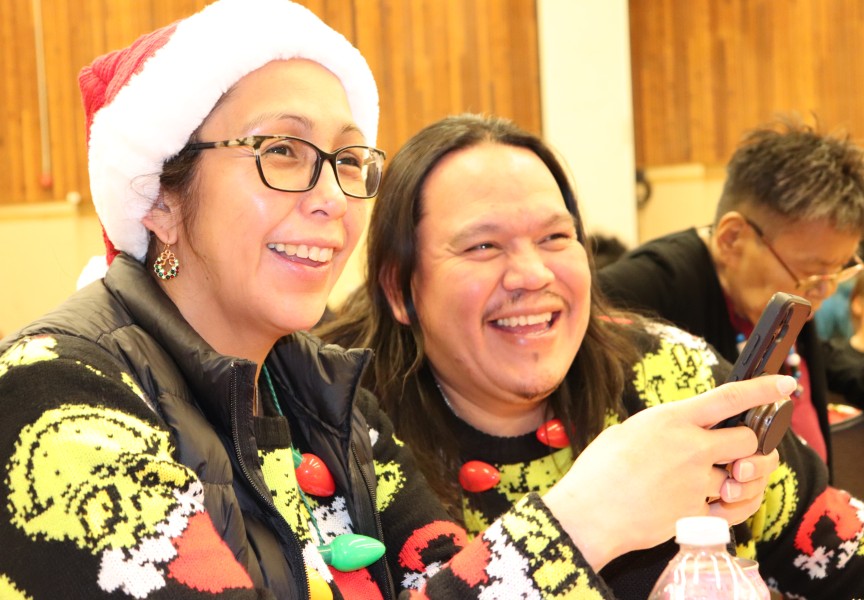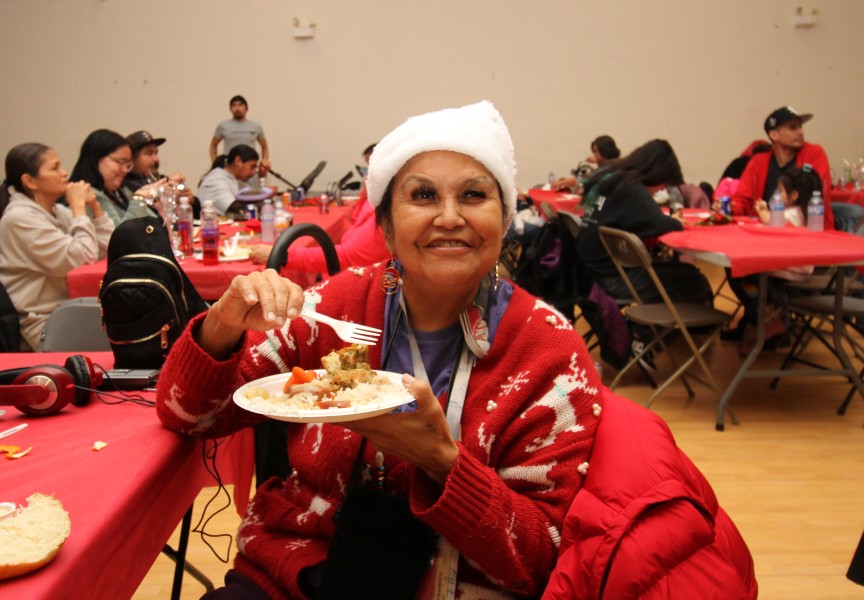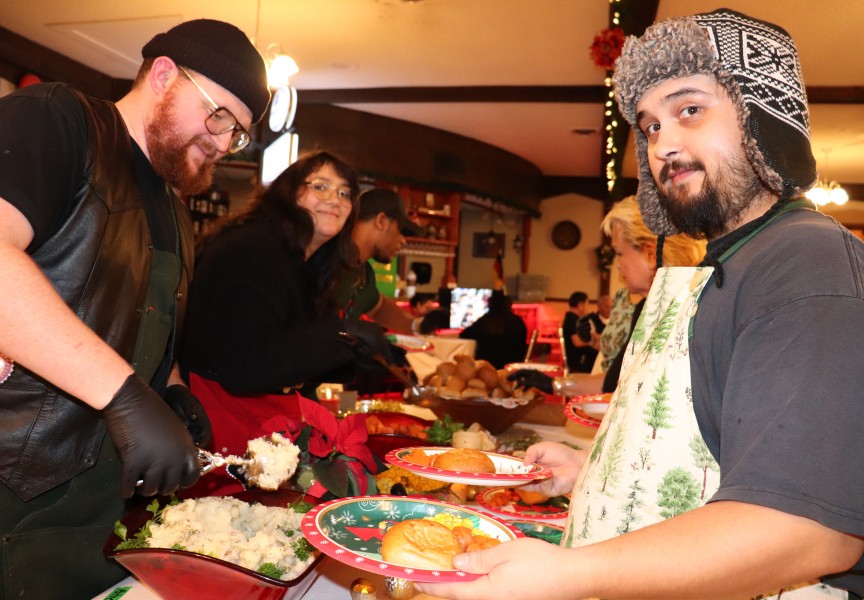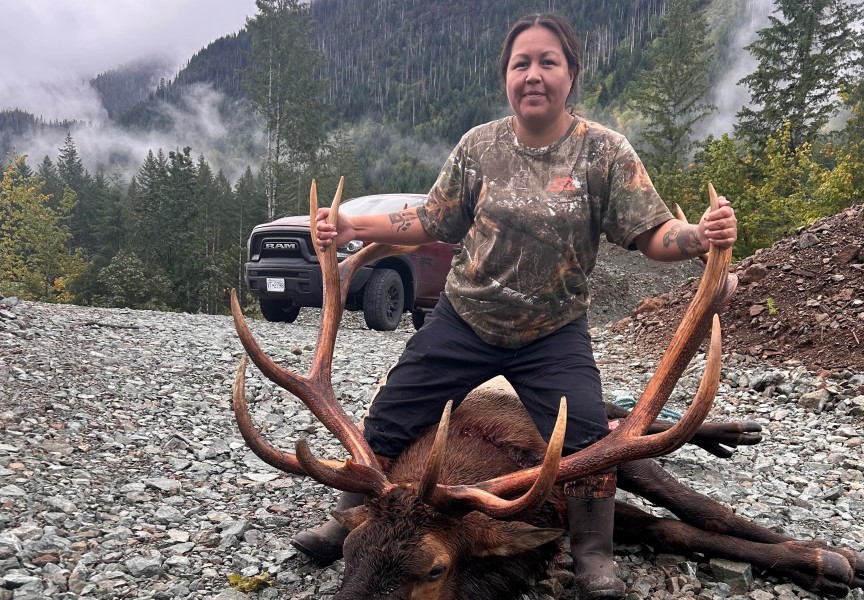Ten years ago, history was made when the Maa-nulth Treaty was signed on April 1, 2011.
The government-to-government agreement between Canada, British Columbia and five Nuu-chah-nulth nations was among the first Final Agreements reached under B.C.’s treaty process.
It established Huu-ay-aht, Uchucklesaht, Ucluelet, Toquaht and Ka:’yu:’k’t’h’/Che:k’tl7et’h’ First Nations as self-governing nations.
“On April 1, 2011, the citizens of the Maa-nulth First Nations marked the treaty coming into effect with a symbolic gesture - burning the Indian Act,” said Murray Rankin, Minister of Indigenous Relations and Reconciliation, in a release. “The Maa-nulth First Nations regained control over lands and resources and governance of their own nations once again.
Its 10-year anniversary was reason to celebrate, but as “virtual fatigue” sets in, Huu-ay-aht elected chief Robert J. Dennis Sr. said the nation will pay tribute to the occasion when they are allowed to gather again.
Instead, the nations are preparing a video and booklet to commemorate the milestone.
“The video will highlight where we came from, where we are and where we are going,” said Cynthia Blackstone, Ka:'yu:'k't'h'/Che:k:tles7et'h' First Nation (KCFN) chief administrative officer. “It has been a long process, and one that will still take time as we develop our relationship with B.C. and Canada, and as our citizens continue to prepare to participate fully in the growth of our nations.”
In reflecting on the benefits of the treaty, top of mind for Dennis was that it allowed Huu-ay-aht to develop their own set of laws that function in the best interest of its members.
“We went into treaty to try to make things better for our people,” he said. “If we don’t like our laws, we can change them.”
Jeffrey Cook was Huu-ay-aht’s first elected chief under the treaty. As he recalled his time in office, he echoed Dennis’ sentiments.
“We're responsible for our own decisions and our own life,” she said.
Since signing the treaty, Dennis said the nation has been able to add 1,230 hectares of private land to their holding.
The purchase of private land in the Bamfield Inlet has enabled Huu-ay-aht to participate in the local Bamfield economy, said Dennis.
Not only has it created employment opportunities, but it has allowed members to remain in their traditional territories.
Similar to Huu-ay-aht, Blackstone said one of the major developments since signing the treaty was that KCFN now holds full ownership of their land.
“[Our land] is no longer held reserved for us by the Crown,” she said. “The lands are registered in the name of KCFN.”
As of April 1, KCFN has their own voting members on the Strathcona Regional District Board of Directors and on the Comox Strathcona Regional Hospital District Board, said Blackstone.
Joining forces with other self-governing nations across Canada, Blackstone said KCFN are creating a new “need-based fiscal relationship with Canada.”
“This would not have been realized without FCFN having become self-governing nations through the treaty,” she said. "This new fiscal relationship is finally affording us the ability to expand our staff, services [and] assets.”
As the federal and provincial governments work “very cooperatively” with Huu-ay-aht, Dennis said the nation’s financial position has increased “dramatically” since treaty.
“It enabled us to participate in the economic development of our community,” he said.
The Maa-nulth Treaty was a culmination of over 15 years of negotiations between the five nations, the government of Canada and the province, said Rankin.
"Treaties are an important pathway to meaningful reconciliation,” he said. “They help to support strong, healthy, thriving communities that benefit people today and for generations to come. The Maa-nulth First Nations now share in the wealth of resources in their territories, and have legislative tools to strengthen their language, culture and heritage. The nations can pursue economic opportunities to benefit their citizens and chart a course for the future they want.”
According the BC Treaty Commission, there are seven First Nations implementing modern treaties, including the five Maa-nulth First Nations.
“In a nutshell, we are better off under the treaty,” said Dennis. “But there's always a lot of work to do.”

